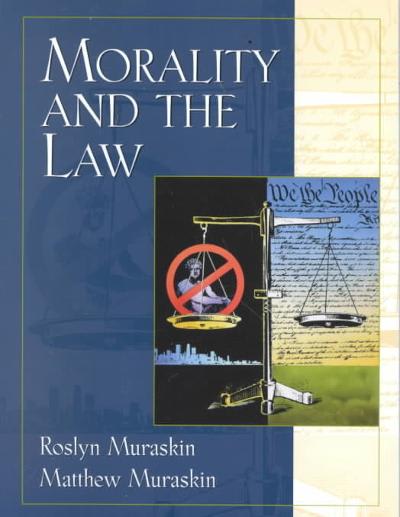Answered step by step
Verified Expert Solution
Question
1 Approved Answer
Review Chapter 49 of the course textbook. Coed Theatres (Coed), a Cleveland area movie theater booking agent, began seeking customers in southern Ohio. Shortly thereafter,
Review Chapter 49 of the course textbook. Coed Theatres (Coed), a Cleveland area movie theater booking agent, began seeking customers in southern Ohio. Shortly thereafter, Superior Theatre Services (Superior), a Cincinnati booking agent, began to solicit business in the Cleveland area. Later, however, Coed and Superior allegedly entered into an agreement not to solicit each other's customers. The Justice Department prosecuted them for agreeing to restrain trade in violation of 1 of the Sherman Act. Under a government grant of immunity, Superior's vice president testified that Coed's vice president had approached him at a trade convention and threatened to start taking Superior's accounts if Superior did not stop calling on Coed's accounts. He also testified that at a luncheon meeting he attended with officials from both firms, the presidents of both firms said that it would be in the interests of both firms to stop calling on each other's accounts. Several Coed customers testified that Superior had refused to accept their business because of the agreement with Coed. The trial court found both firms guilty of a per se violation of the Sherman Act, rejecting their argument that the rule of reason should have been applied and refusing to allow them to introduce evidence that the agreement did not have a significant anticompetitive effect. What is the rule of reason and how does it differ from the per se rules? Should the rule of reason have been applied in this case? Explain why or why not. Resources Langvardt, A. W., Barnes, A. J., Prenkert, J. D., McCrory, M. A., & Perry, J. E. (2019). Business law: The ethical, global, and e-commerce environment (17th ed.). Retrieved from https://www.vitalsource.com Chapter 20: Product Liability Chapter 48: The Federal Trade Commission Act and Consumer Protection Laws Chapter 49: Antitrust: The Sherman Act Chapter 50: The Clayton Act, the Robinson-Patman Act, and Antitrust Exemptions and Immunities Recommended Resources Text Langvardt, A. W., Barnes, A. J., Prenkert, J. D., McCrory, M. A., & Perry, J. E. (2019). Business law: The ethical, global, and e-commerce environment (17th ed.). Retrieved from https://www.vitalsource.com Chapter 47: Administrative Law Website United States Consumer Product Safety Commission. (www.cpsc.gov/) This website provides information about the United State Consumer Product Safety Commission and may assist you in your Final Paper this week. Accessibility Statement Privacy Policy
Step by Step Solution
There are 3 Steps involved in it
Step: 1

Get Instant Access to Expert-Tailored Solutions
See step-by-step solutions with expert insights and AI powered tools for academic success
Step: 2

Step: 3

Ace Your Homework with AI
Get the answers you need in no time with our AI-driven, step-by-step assistance
Get Started


